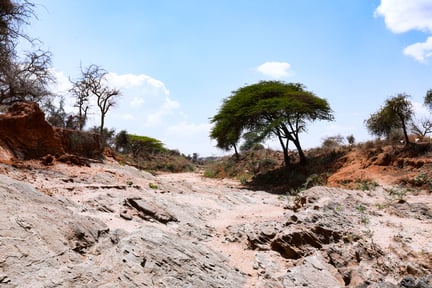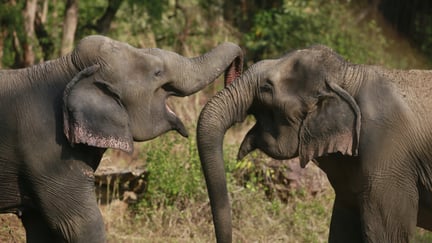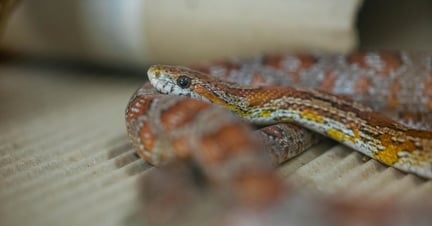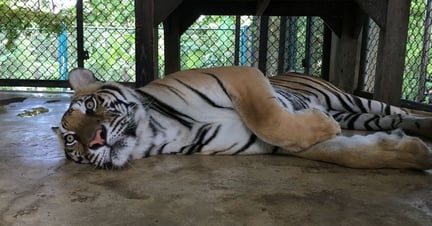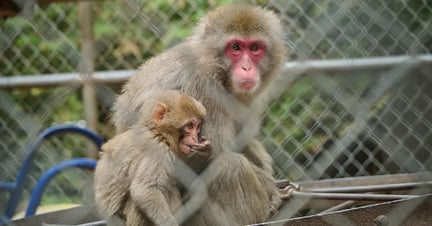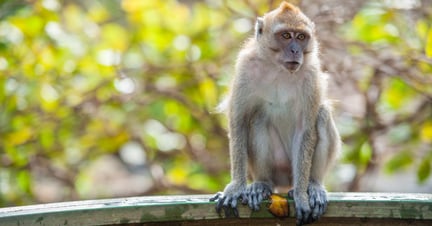
COP30 Falls Short for Animals and the Amazon as Big Ag Escapes Scrutiny
News
As COP30 concluded today in Belém, Brazil, World Animal Protection warned that global leaders have once again allowed industrial agriculture to evade accountability, putting animals, forests, Indigenous communities, and the climate at even greater risk.
While the Belém Political Package includes a commitment to developing a just transition mechanism, negotiators failed to make meaningful progress on critical issues, such as ending deforestation and phasing out fossil fuels in agriculture. With the Amazon as its host, expectations for strong action on forests and food systems were high, but outcomes fell far short.
COP30 has been dubbed the ‘COP of truth’, yet a truth not being acknowledged is we cannot tackle the climate crisis while turning our back on the destruction and suffering caused by industrial animal agriculture.
For a COP hosted in the Amazon, it’s shattering that deforestation took a back seat. The wildlife, indigenous people and traditional communities who call the forest their home deserved better than this.
Food systems gained visibility but animal welfare was left out
World Animal Protection acknowledged some positive signals, including the emerging visibility of food systems within the negotiations and references to small-scale farmers in the Belém Declaration on Hunger, Poverty and Human-Centred Climate Action. But the organisation warns that without explicit recognition of animal welfare, and the suffering caused by industrial animal agriculture, progress remains incomplete.
It’s positive to see recognition in the text of the role of small-scale farmers, however it’s concerning there is no mention of animal welfare, when the health of animals and our environment are so importantly intertwined.
Civil society pushed back as Big Ag dominated the summit
Despite restricted access to closed-door negotiations, civil society movements, including World Animal Protection, made their voices heard through outside protests, climate justice mobilisations, and official events highlighting food systems solutions that protect animals and reduce emissions.
Yet industrial agriculture interests had a powerful presence.
According to a recent investigation by DeSmog and The Guardian, more than 300 industrial agriculture lobbyists attended COP30, displaying the influence Big Ag exerts on global climate policymaking.
“‘Big ag’ won at COP30, while wildlife and farmed animals were once again reduced to commodities and excluded from the climate conversation.
“Agribusiness giants like JBS are driving deforestation, animal cruelty, and emissions, yet they had a VIP seat at the COP30 table. These companies are not climate champions, they are breaking the planet, and wildlife, farmed animals and communities are the collateral damage.”
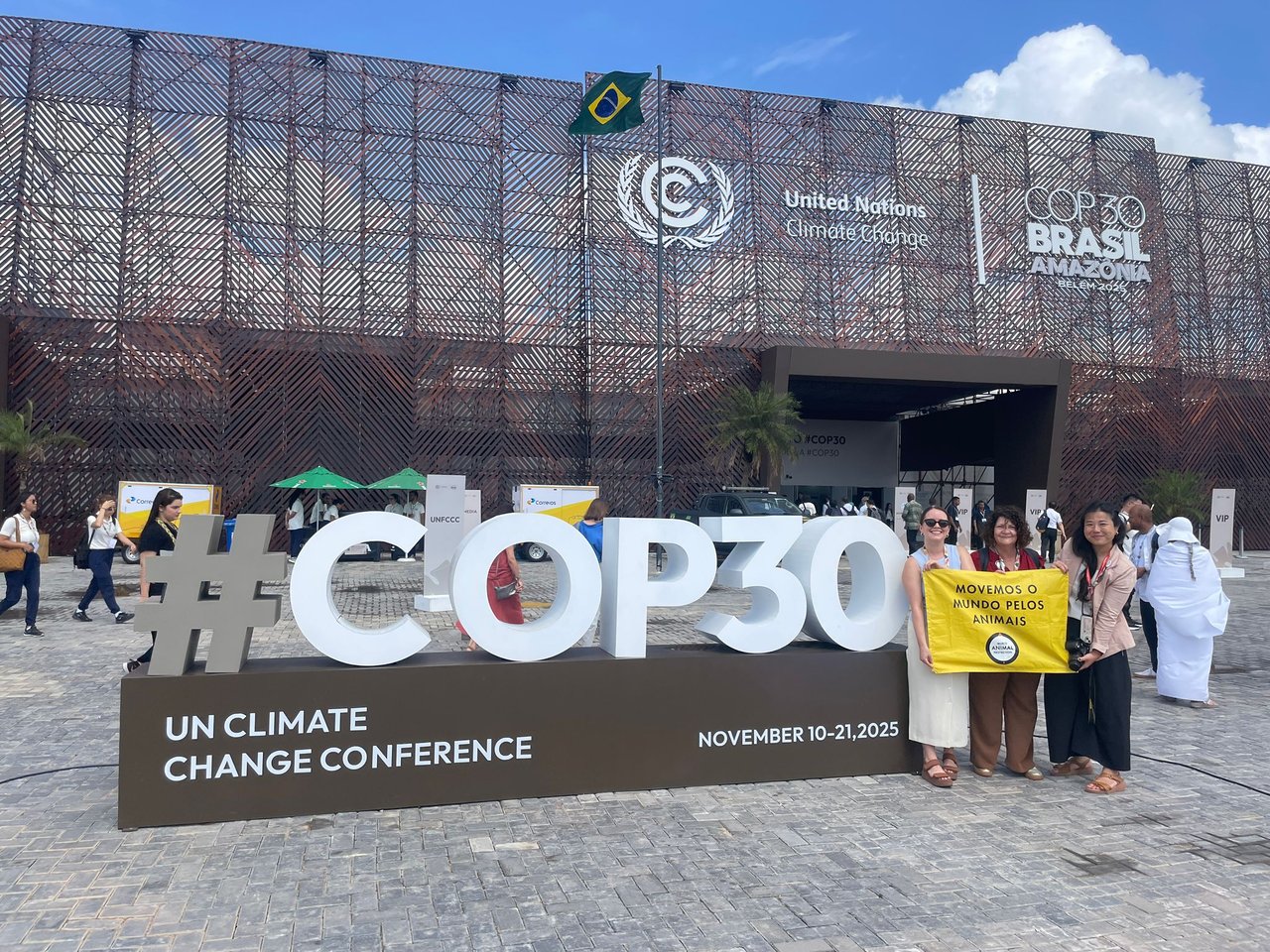
Agriculture: the overlooked driver of climate breakdown
Agriculture is the second-largest source of global climate emissions after fossil fuels, yet the sector remains largely unaddressed within global climate frameworks.
Industrial animal agriculture is not only a leading cause of emissions, but a major driver of deforestation, causing wild and farmed animal suffering.
“Equitable, humane and sustainable farming practices must replace the destructive industrial agriculture model.”
World Animal Protection warns that without strong commitments at future COPs, cutting forests for feed and expanding factory farming will continue to undermine climate targets and accelerate biodiversity collapse.
A call for leadership ahead of COP31
Although COP30 failed to deliver meaningful protections for animals or forests, we remain committed to driving change, pushing governments to recognise that animal welfare, climate action, and sustainable food systems are inseparable.
At COP31, governments must support a just transition away from factory farming, toward equitable, humane and sustainable food systems. Governments need to recognise the way we treat animals is connected to our fight against climate change.
“World Animal Protection will keep standing up for wildlife and farmed animals until their voices are included in UNFCCC negotiations, and until it is widely acknowledged that animal welfare is inseparable from the health of our planet.”
Related COP30 Coverage
- Belém Health Action Plan: One Health Gains Ground at COP30
- Financing the Protein Shift
- COP30 Activists Challenge Big Ag Greenwashing
- World Animal Protection at COP30 People's March
- Factory Farming: Public Subsidies Are Driving Harm
Stay connected
Follow us on LinkedIn and X for updates on our work for animals, forests and climate.
Join our community and help protect animals
Be part of a global movement demanding climate action, animal welfare and a humane future for all.
- Subscribe to our community for updates, stories and ways to take action
- Support our mission to end animal cruelty and transform food systems
Together, we can change the way the world works to protect animals.
Related content
World Animal Protection Climate Change Hub
Discover everything that World Animal Protection is doing to tackle the climate crisis and what you can do to help.
Conference of the Parties (COP) Guide
Learn about the Conference of the Parties (COP) and how World Animal Protection advocates for animals in global climate and biodiversity discussions. Take action today!
Donate to World Animal Protection and Change Lives
Make a difference to the lives of wild and farmed animals by supporting our global mission.
Latest news
-
Nicaragua’s rise in exotic animal trade threatens biodiversity
News
Over 11,000 wild animals were exported from Nicaragua in one month, raising concerns for welfare, biodiversity, and public...
-
Seventy two tigers die in Thailand as virus exposes...
News
Seventy two tiger deaths in Chiang Mai show how captive conditions heighten disease risk and reinforce the urgent...
-
Viral baby macaque draws attention to captive primate welfare
News
A viral baby macaque named Punch in Japan draws attention to the emotional needs of captive primates and...
-
Wildlife tourism risks highlighted after Thailand monkey attack
News
A recent monkey attack in Thailand sparks renewed warnings about the dangers of wildlife encounters and calls for...
